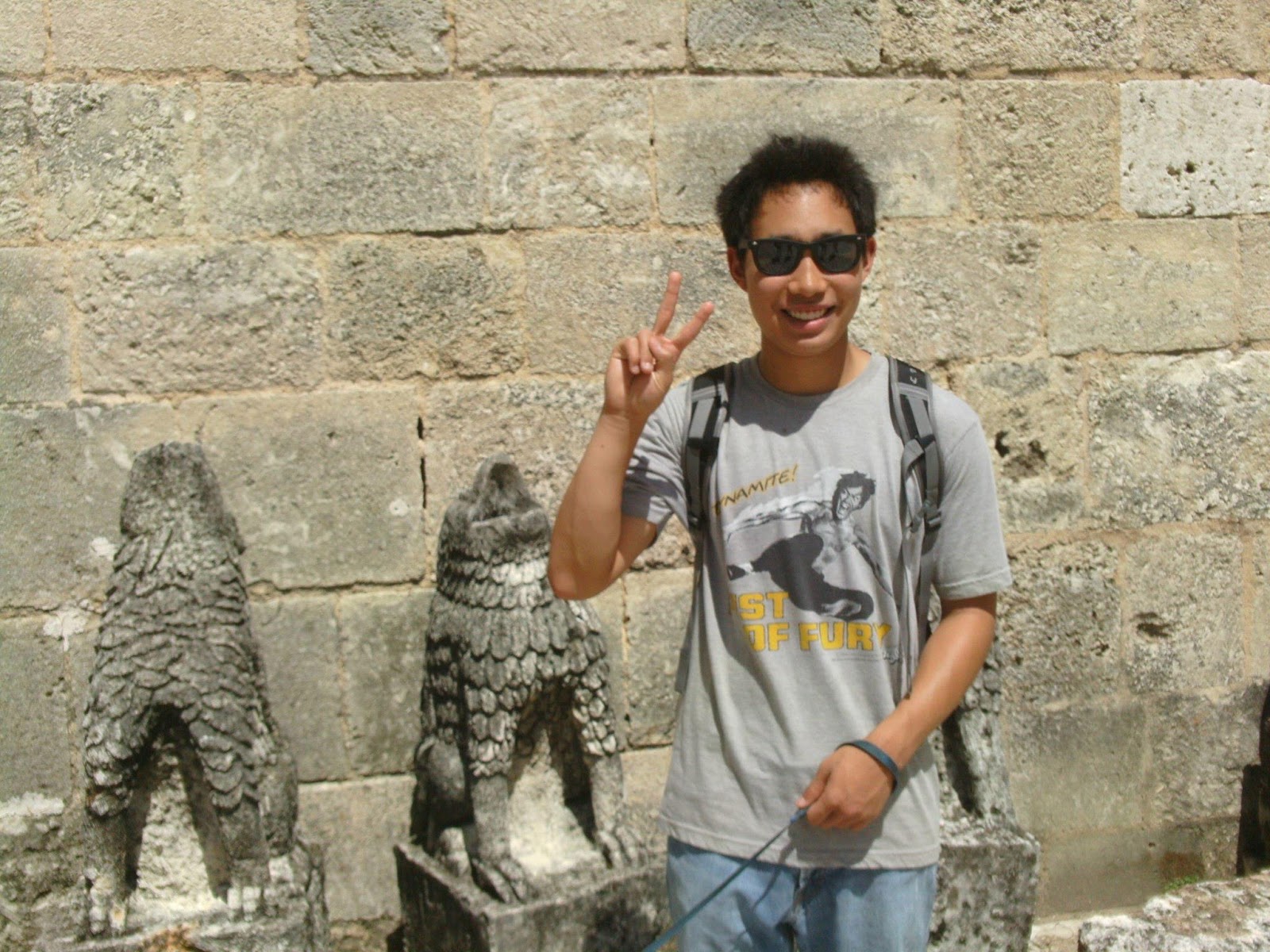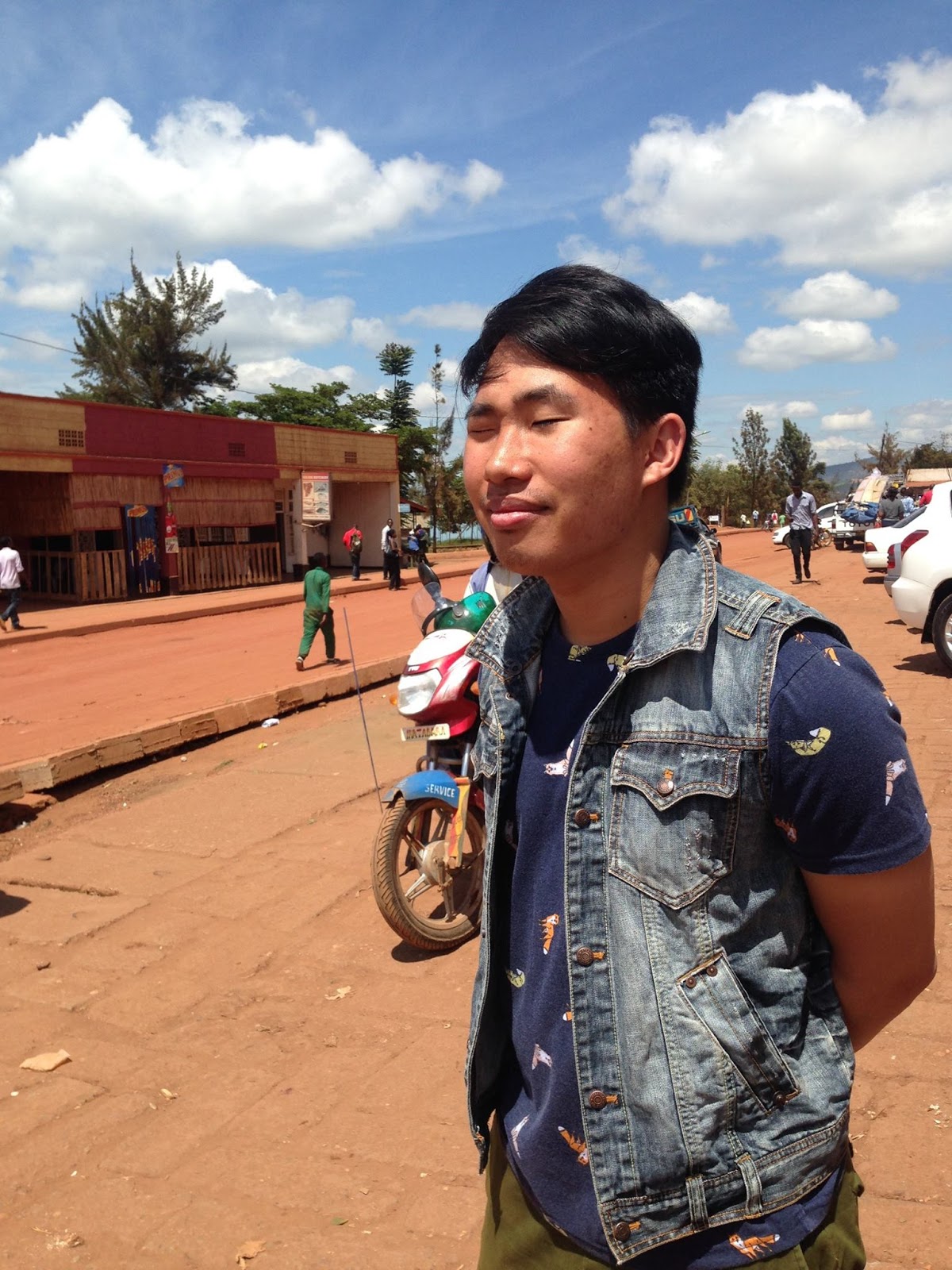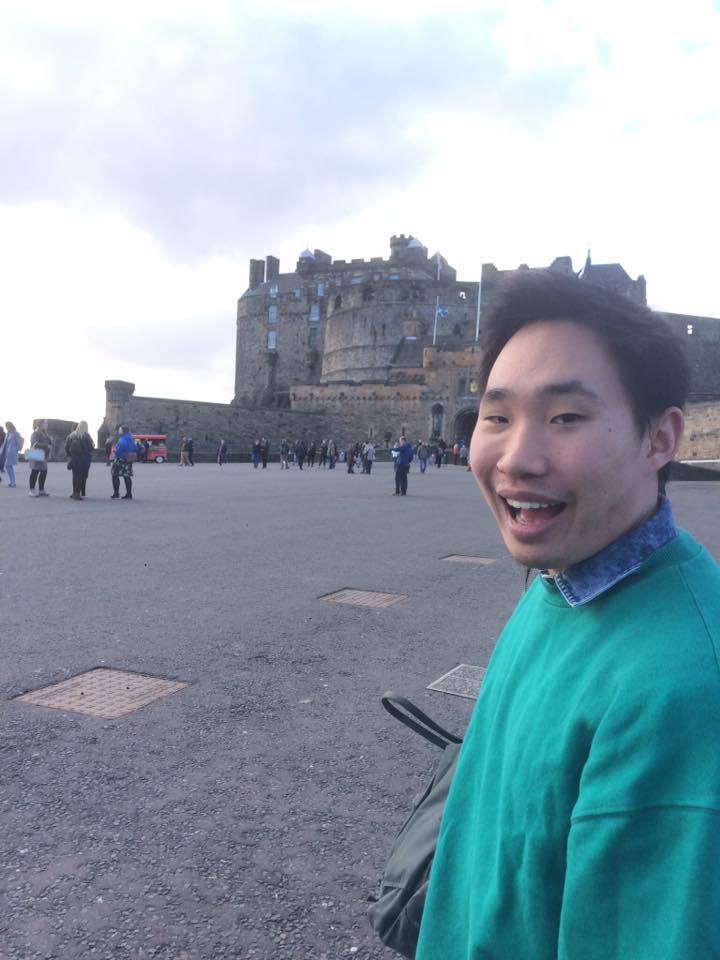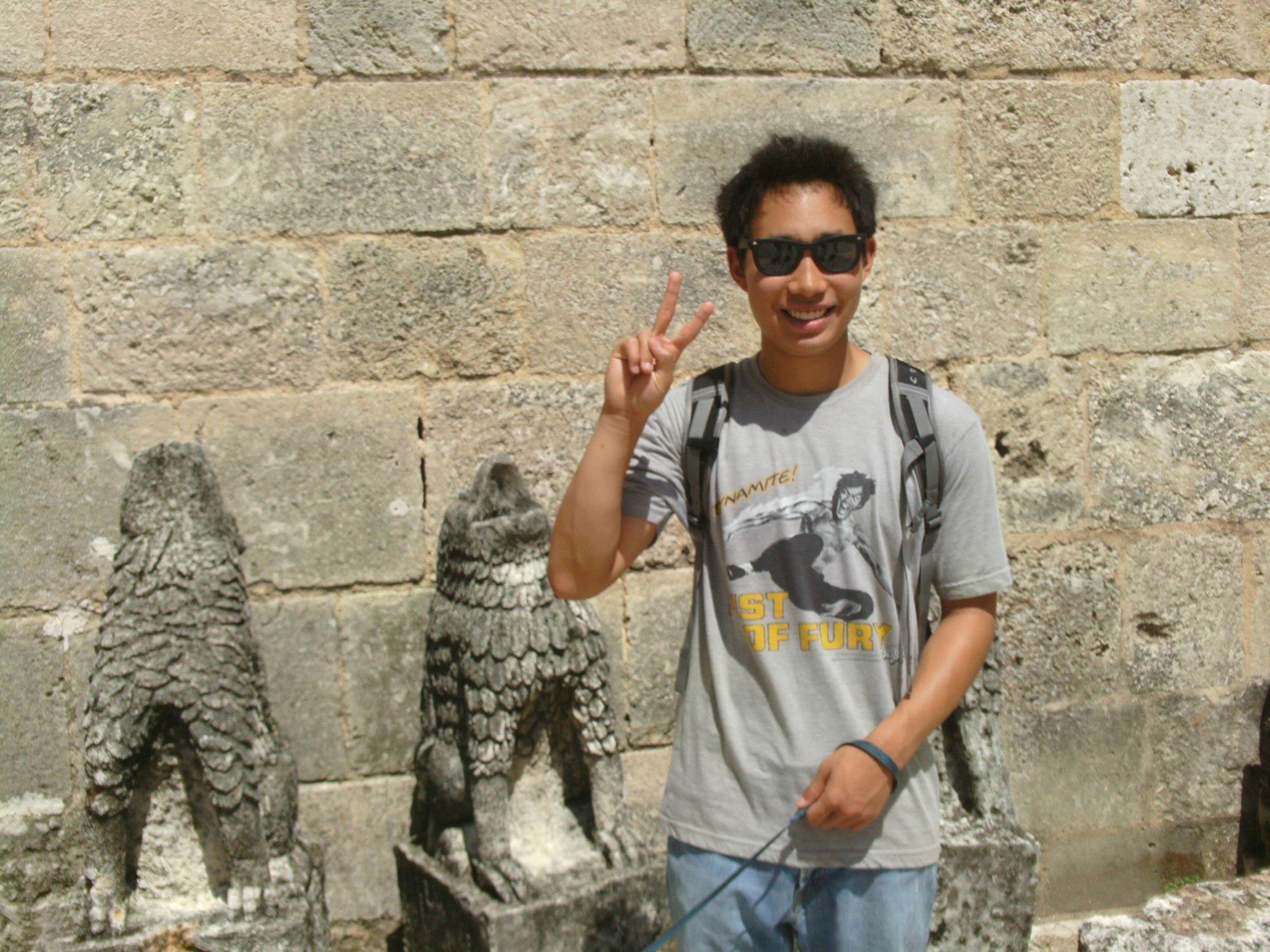It has been a little rough in Vancouver lately.
Some unusual circumstances and happenings resulted in much anxiety and stress over the last 72 hours involving Grindr and fully catalyzing with some good ol’ gay self-loathing. And, of course, I am taking classes and working. Life is complicated, isn’t it? When all these forces seem to synchronize to further one’s undoing.
To be frank, this post is a bit of an outlet and a form of reflection that I think is necessary to share into the void-like nexus that is queer discourse and “travel talk” and to just help voice my apprehensions on studying abroad in Europe next year. I will address some of the issues I have found with the concept of ‘studying abroad’/ preconceptions of travel as a whole, especially of late too.

(Photo credits by someone now forgotten)
There really is a lot that is possible to cover (and I am not going to get to all of it). Voluntourism; sex tourism; slum tourism; the semantics and pragmatics of expatriotism v. immigration. I do not have experience with all of these genres of course; however, some are in this blog’s namesake. But, before we proceed, let me be clear, this post is not my argument to legitimize these experiences – no, this is sharing in good faith.
Empathy is key as is listening; if something that I say personally stings in reaction and brief reflection, I hope that it stings for only an instance. However, if anything truly resonates, then I know it will reverberate and maybe even soothe that ache that we may share, as reader and writer.
Without mincing words, the very first materials I received from the exchange programming that my university offers gave me pause. I realized the amount of patience I would have to exercise (before even boarding the plane) would be greater than expected.
The overwhelming whiteness of ‘the study abroad experience’ was so visible and so assumed that I found even the preparation for my departure to be abnormally bleak and nonsensical to sit through. They were not talking to me, at least not usually, and when they were, they were giving me answers I couldn’t accept as an act of pride.
I was asked in an online module, “Think about your identity and your worldview. Can you think of one way that your value or belief system may be challenged while abroad?”
They’re fucking challenged in Canada. Is a list acceptable? My friends’ nations aren’t treated as sovereign; others have to tone down their attitudes and creativity lest they be deemed ‘angry’ or ‘aggressive’ in their defense that they deserve to be in the studio; I am looked at as dispensable as a result of a perceived over-abundance in the gay community. That is all here in Vancouver. What responses are they expecting? And, to whom was this question really directed? Who do you have in mind is answering this?
In the formal, physical session, an Asian speaker who went on exchange previously remarked how they began to identify with their own national Canadian heritage more so when they were confronted at times with anti-Asian sentiments in Europe. I was boiling. How does that help? Is there any other way than to cling to some violent, fictionalized noble nationalism to feel safer when some rando on the street shouts ‘Ni hao’ or chink to me?
Those instances are not someone’s differing worldview or equal perspective clashing with one’s own – those sentiments are right here in Canada (BIPOC have our loyalties and intentions questioned so much) – that is just racism. Telling people to avoid it through the classic ‘I am not that Asian’ retreat is humiliating.
In the Edinburgh airport after visiting my sister, I experienced this very form of prejudice with a waiter mouthing canonically ‘Asian sounds’ at me as I finished the meal I bought from him ten minutes prior. He was collecting the little stands on the tables when he started the classic ‘ching chong’; at least, he tried to add some tonal differences. It is 2018 – we have learned a lot.
I went to the counter and told the person working there of this encounter and how the place needed to get that shit in check; he agreed. The worker was Spanish; how I wanted to spit the nastiest chileno I had in the back of my brain. But, as a personal rule, I never fight in airports. Unsurprisingly, while shaking in anger and embarrassment, I did not think to comfort myself that since I was raised in North America, his comments were actually irrelevant.
No. I am proud of my eyes, the Korean I struggle to speak confidently even though the words are on the tip of my tongue, and my body (with random treasure trail and all), even if I haven’t always been.
A passport or unabashed nationalism are not crucifixes that can deter racists while abroad, and it should not be assumed that they are for students of colour. We already must deal with the general challenges of studying abroad that our lighter complexioned colleagues get to just fret about and already have our origins questioned back home. And, therein lies the problem I think.
Travel, especially ‘studying abroad’ is undoubtedly an act of privilege. I am going to freakin’ Sweden; I have the choice to do this. But, when we incorporate the sentiments of intersectionality, explained by let’s say – Kimberlé Crenshaw – on how power and societal dynamics can layer to make certain people more vulnerable (not someone saying: ‘well, I’m X…Y…Z…, so actually [some retort to justify someone’s own shitty actions]’), we are reminded that the value we prescribe to wealth and the ability to experience leisure still do not protect POC from prejudice. It is the same fallacy that someone’s income can shield them from bias and hate.
Patrick Rothfuss wrote, “Travel is the great leveler, the great teacher, bitter as medicine, crueler than mirror-glass. A long stretch of road will teach you more about yourself than a hundred years of quiet introspection.” The more I think about this quote, the more I think of how it can be interpreted.
By now, I do not doubt someone is thinking, ‘you can’t complain, it’s an experience you chose, so what?’

self-care and love one needs to improve upon (Kigali, Rwanda)
(Photo credits by the More Impressive Globetrotter, Vicky)
And, to that, I respond: I can’t make anyone care about another person, especially not through the internet, especially not with my writing. But, young people of colour, just deserve better and to have programming be honest with the potentials that await us abroad. We are strong people. I mean, this article might seem like a bit of bitch-fest/ venting on my part, but I am still going to Sweden.
In some ways, POC are simply used to these prejudiced views; we challenge them everyday already. We can handle it. We sometimes get fed up and need some self care, exercise, sex, home cooking and/or support (which can be harder to come by abroad), but we can do it. We always have. But, we cannot pretend like these issues and negatives are non-existent, which can prevent us actively discussing how to combat them in unfamiliar places and in new languages.
At this point too, I expect some readers to wonder why a few Grindr mishaps caused this introspection. Well, the gay community can be very racist. (Note: I use the word ‘gay’ here purposefully, not the more encompassing ‘queer’). I summarize the experience quite simply through my various interactions in public, as ‘being told to wait in line when no one is in front of you’, as if, I don’t actually deserve to be there and active in queer spaces, dominated by gay men.
Privately, I would say it manifests in either fetishization or ostracism: a general lack of agency in body politics. Those are just my experiences as a gay Asian man.
As a gay Asian man who when he discloses that he is in fact Jewish and mentions his very white mother, men then fabricate whiteness around him to ‘actually see it’. Bullshit. I am adopted. In sum, my interactions domestically make me question if I can use this community as support abroad if I cannot do it even here?
So, my apprehensions on going to Europe, where the euro-centric beauty standards I am trying to snip from my psyche originated … is this just a sojourn into more self-loathing? Even Sweden, in a town over from where I will study, a synagogue was firebombed. Am I just dumb?
No?
I want to study at Lund specifically because of its Yiddish studies program, a culture and language I find comfort in and connection to that has never really re-vernacularized since the Holocaust. In some ways, it is a part of my Jewish identity to pursue this venture. I have my reasons.
The best answer I can muster on why I can go head first into a situation that in reflection, seems self-deprecating, if not in some ways dangerous to me as a result of who I am (but not my lighter complexioned goyishe colleagues), is that I am a strong gay Jewish Korean man who likes myself (in fact, is learning to love) with just enough confidence.
In perspective, there are lethal dangers especially for LGBT+ travellers in certain regions, and I must separate these internalized pressures that I may feel with these other realities and especially in respect to the individuals who reside there normally. Again, more layers and what is radicalism without context?

(Photo credits by the British Babe herself, Alice)
I am not going abroad, or choose to travel, to be the one to prove them wrong or to intentionally shatter stereotypes. At this point, I can’t be that person. After joining my friend to break her fast one community iftar (Eid Mubarak by the way!), the umma (community) at our table remarked as I revealed my identity through some poor and rudimentary knowledge of Islam that ‘I was the first Korean Jew’ they’ve met. I responded, ‘I might be the last one too’. What weight do I carry or when I travel when I introduce myself? Which torch to bear? Perhaps I am too enigmatic.
What I bring, as with many other people with more complex and varied and mixed and wonderful identities too, are journeys that in fact take time and trust on which to accurately elaborate. It takes times to unravel and do justice to our stories.
The idea of breaking down stereotypes is admirable, but when these biases intersect to perpetuate themselves and invalidate our valiant efforts, it is sometimes better to just not play this game with changing rules, one that was designed to eliminate you as a player in the first place. Just to live well and move freely (either across borders or even into a different neighbourhood); that can be powerful too, especially in a new place where you are learning to do it all over again.
Quick travel can make this task difficult, and short instances of prejudice on the streets, in bars, or with partners whom we thought we could be intimate can make it feel impossible. In fact, that inclination to not speak, to not travel, to not even be there is the true intention of ignorance: to reproduce itself and to keep views insular.
We have too much to share, one of our many gifts, and so much to learn, albeit with some prudent caution. That is why I am undeterred – I cannot let myself, my deep strength won’t have it. I have had a lot on my mind. I would like to repeat – Empathy is key as is listening; if something that I say personally stings in reaction and brief reflection, I hope that it stings for only an instance.
However, if anything truly resonates, then I know it will reverberate and maybe even soothe that ache that we may share, as reader and writer.
More to come about the aforementioned Swedish adventure, how to de-stress in summery Vancouver, and Bella Bella, the Heiltsuk nation! Travel safely and often.
